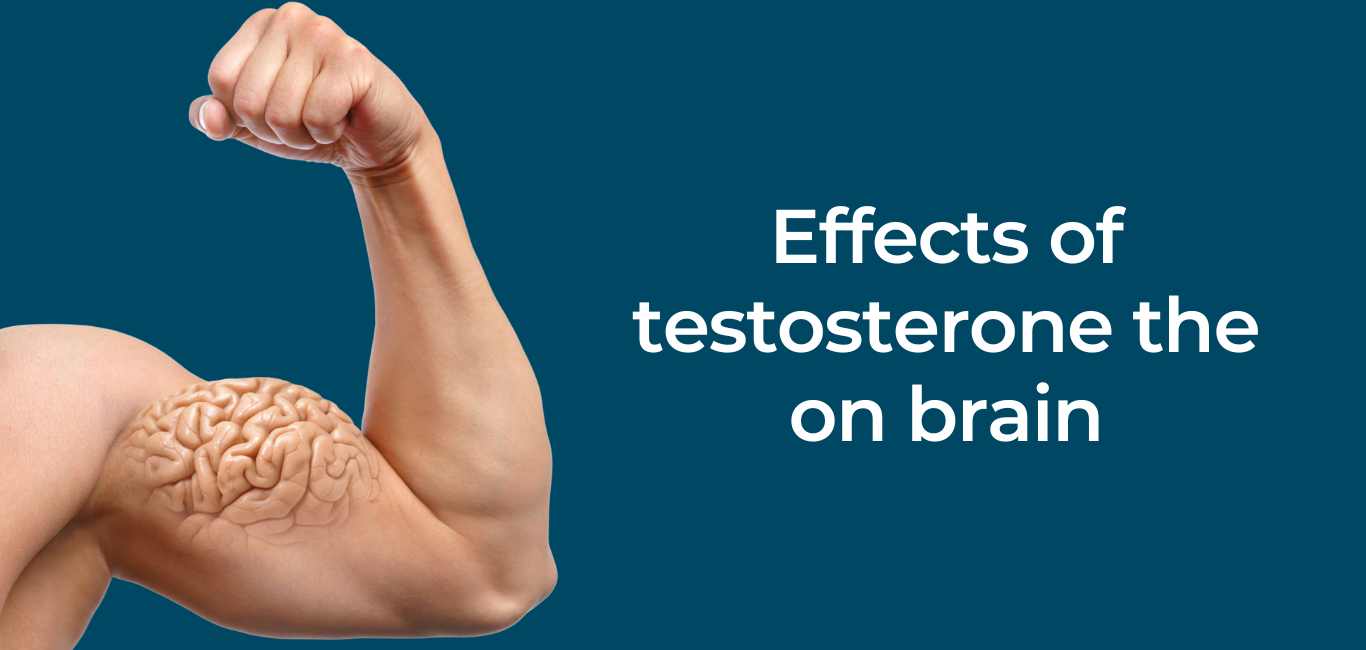
Cricket’s World Cup has just ended, and the emotions it generated continue to linger; its outcome and fortunes still engage social circles. Be it cricket, tennis, football or any other sports match, the extreme emotional roller-coasters that fans of a popular sport experience can be as fascinating a study as the sport they follow.
As the game unfolds, they go from paroxysms of joy when a sixer, victory or a football goal is scored to intense frustration and disappointment in the face of upsets or defeats.
A recent study by a team from the Radiological Society of North America (RSNA), USA, examined the brain mechanisms behind a fan’s emotional behaviours.
The study presented at the RSNA annual meetings on 21 November found that fans’ frenetic emotions extend beyond the surface feelings of joy or sadness and may shed light on our broad social dynamics in general.
“This study aims to shed light on the behaviours and dynamics associated with extreme rivalry, aggression and social affiliation within and between groups of [sports] fanatics,” lead author Dr Francisco Zamorano Mendieta says in a statement.
Studying rival group fans
For their experiments, the researchers recruited 43 volunteers who were staunch followers of two rival Chilean soccer teams.
They divided them into two groups and used fMRI (functional MRI) scans to record the volunteers’ brain activity as they watched a compilation video of 63 goals. The fMRI is a non-invasive imaging technique that detects alterations in the brain’s blood flow. The volunteers’ fanaticism score was assessed through psychological assessments and written surveys.
Battles in the brain
The researchers found that brain activity changed differently according to the defeat or victory of the teams the fans supported. “When their team wins, the reward system in the brain is activated. Conversely, when they lose, the mentalisation network is activated, leading fans to an introspective state that may mitigate the pain of the loss,” said Dr Mendieta.
The researchers also found that during these changes, there is an inhibition of the brain hub connecting the limbic system (emotional regulation brain region) with frontal cortices (an area responsible for judgement), which increases the likelihood of disruptive or violent behaviour.
This kind of behaviour was observed in the 2014 World Cup football final between Argentina and Germany. The match was interrupted by spectators running on to the Maracana Stadium pitch. They were seen encroaching on the pitch and throwing their caps.
Fandom influences social behaviour
The researchers say that their findings explain why sports fans can be passionate, showing strong emotions, sometimes acting aggressively and not always thinking rationally.
In a statement, Dr Mendieta said the zealousness found among some sports fans can serve as a compelling example of intense emotional investment, occasional aggressive behaviour and impaired rationality.
“Understanding the psychology of group identification and competition can shed light on decision-making processes and social dynamics, leading to a fuller comprehension of how societies operate,” he says.

















